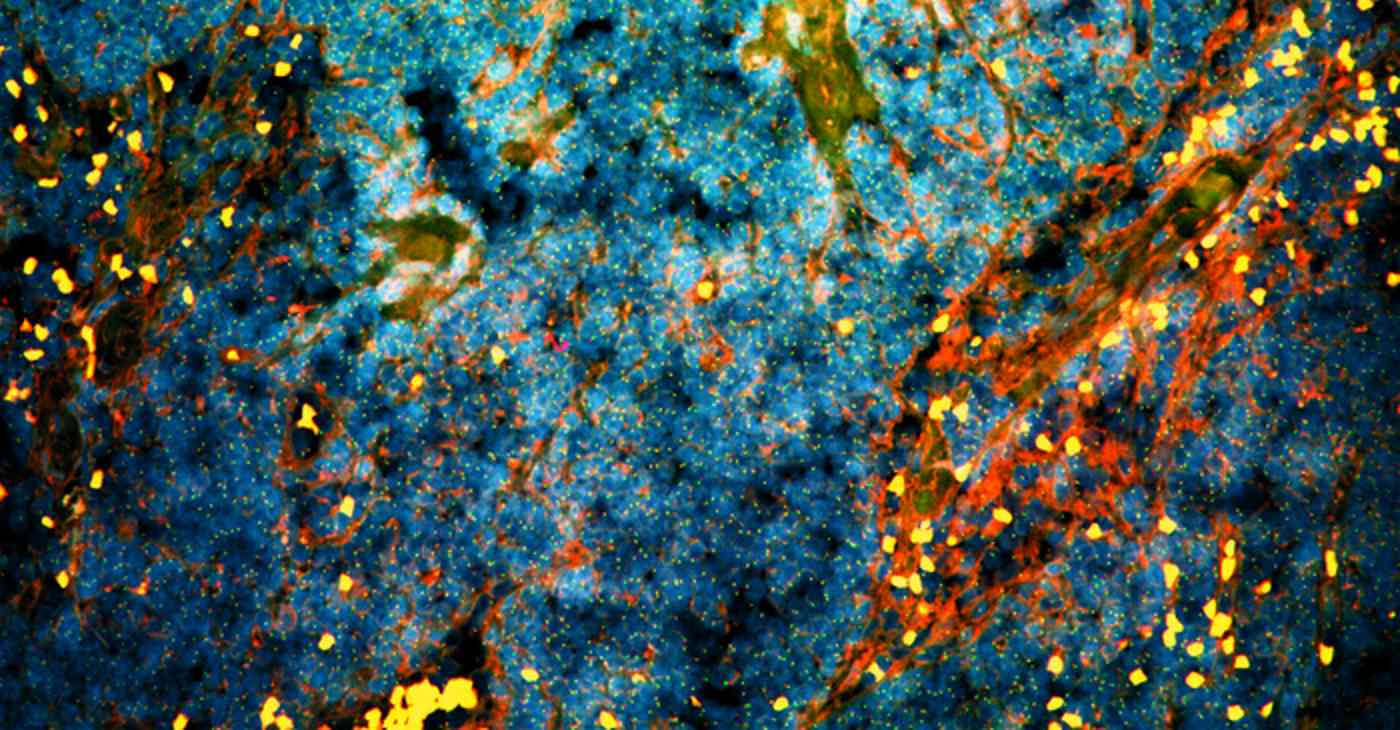Revolutionary Supplement Triggers Self-Destruction of Prostate Cancer Cells, Say Scientists

Recent research is shedding new light on the potential of menadione, a lesser-known precursor of vitamin K, in the battle against prostate cancer. This groundbreaking study suggests that menadione may help disrupt the survival mechanisms of tumor cells, leading to their destruction. Prostate cancer remains one of the deadliest cancers affecting men, and the quest for effective treatments is more crucial than ever.
The Role of Vitamin K in Cancer Treatment
Vitamin K is well-known for its importance in blood clotting and calcium homeostasis in tissues. However, the focus has now shifted to menadione. Researchers at Cold Spring Harbor Laboratory (CSHL) have demonstrated its potential to trigger the self-destruction of cancer cells.
- Menadione may interfere with the survival processes of prostate cancer cells.
- The study involved animal models, specifically mice, to evaluate its effects.
Insights from Groundbreaking Research
In a fascinating twist, past studies have shown that antioxidants, such as vitamin E, could inadvertently accelerate prostate cancer. A large-scale trial involving 35,000 patients conducted in 2001 found an unexpected rise in cancer cases among men taking the supplement. This revelation led researchers to ponder whether a pro-oxidant like menadione could have the opposite effect.
The CSHL team discovered that menadione targets a lipid called PI(3)P, which functions as an identifier for tumor cells. When this lipid is depleted, cancer cells lose their ability to recycle materials, ultimately causing them to burst.
Professor Lloyd Trotman, who led the research, compared this process to an airport hub losing its flight information: “If everything that goes in is immediately de-identified, nobody knows where the airplanes should go next. This leads to the cell swelling and eventually bursting.”
Future Directions for Menadione Research
Looking ahead, Trotman and his team aim to test the efficacy of menadione in men diagnosed with early-stage prostate cancer. The goal is to see if administering this supplement can slow the disease’s progression.
- Target group: Men who receive biopsies indicating early forms of prostate cancer.
- Objective: Assess the potential of menadione in managing disease advancement.
Broader Implications for Treatment
Interestingly, menadione may also show promise for other health issues. Reports indicate its potential effectiveness in treating myotubular myopathy, a severe genetic condition affecting infant boys, which hinders growth and can lead to early mortality.
Conclusion
The exploration of menadione as a viable treatment option for prostate cancer represents an exciting frontier in cancer research. As studies progress, the hope is to offer new avenues for patients facing this challenging diagnosis.
Share this groundbreaking research with friends and family to spread awareness about the innovative approaches being developed to combat cancer.
